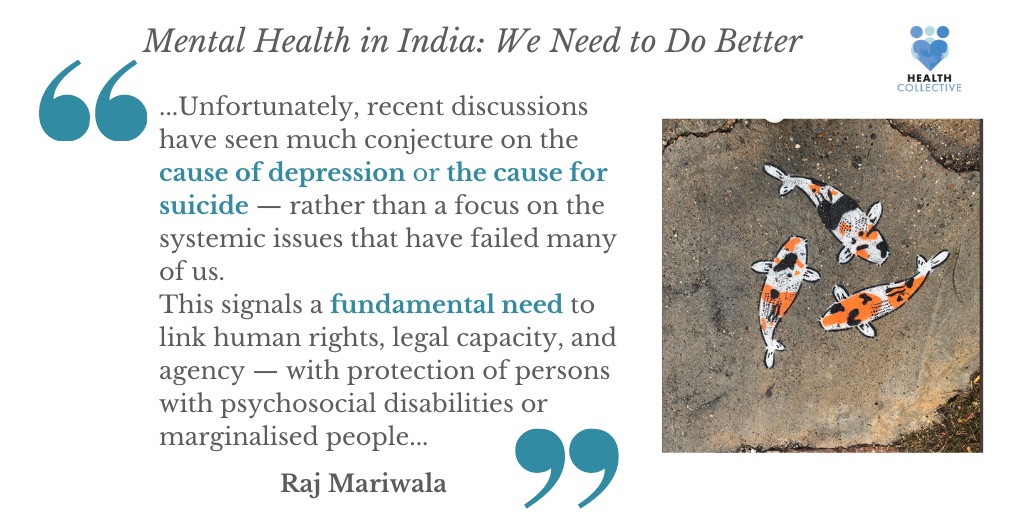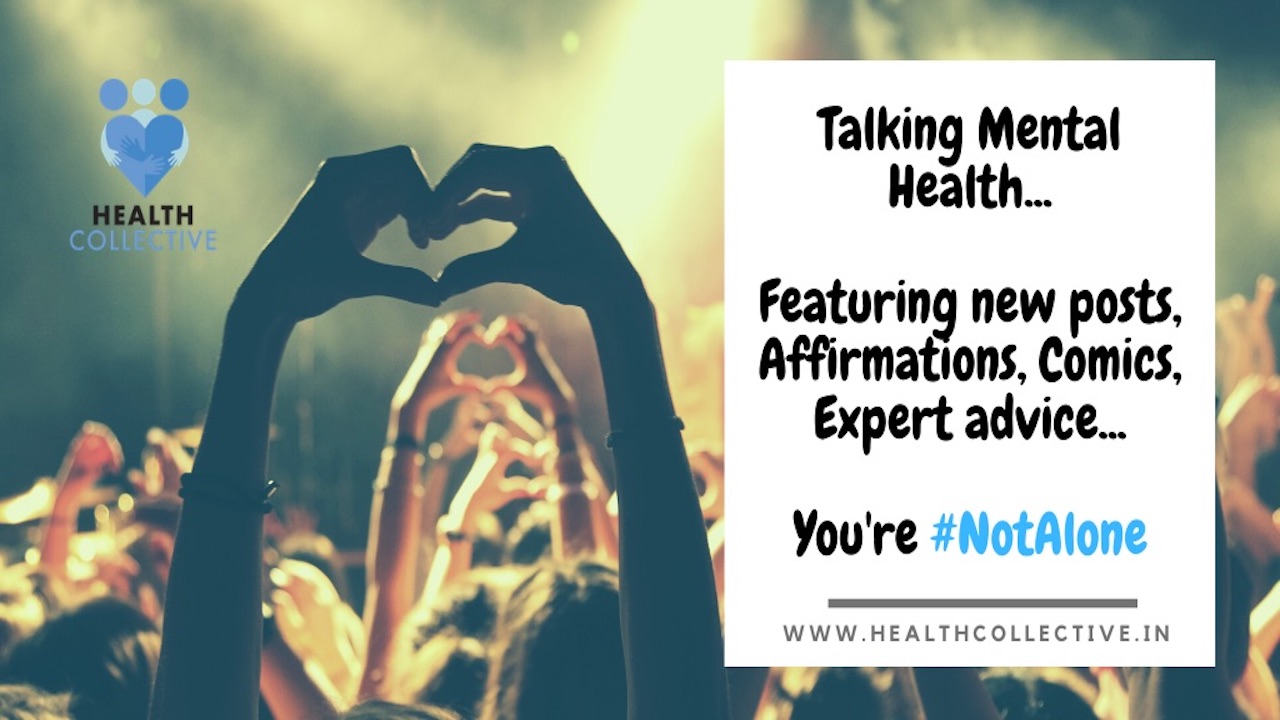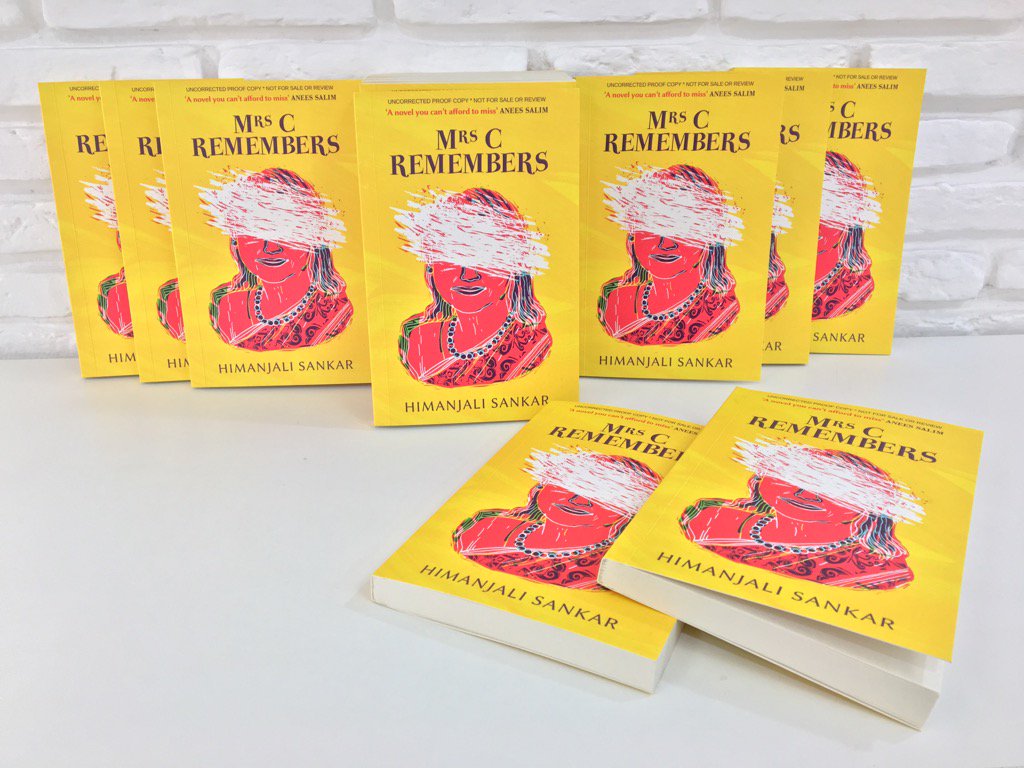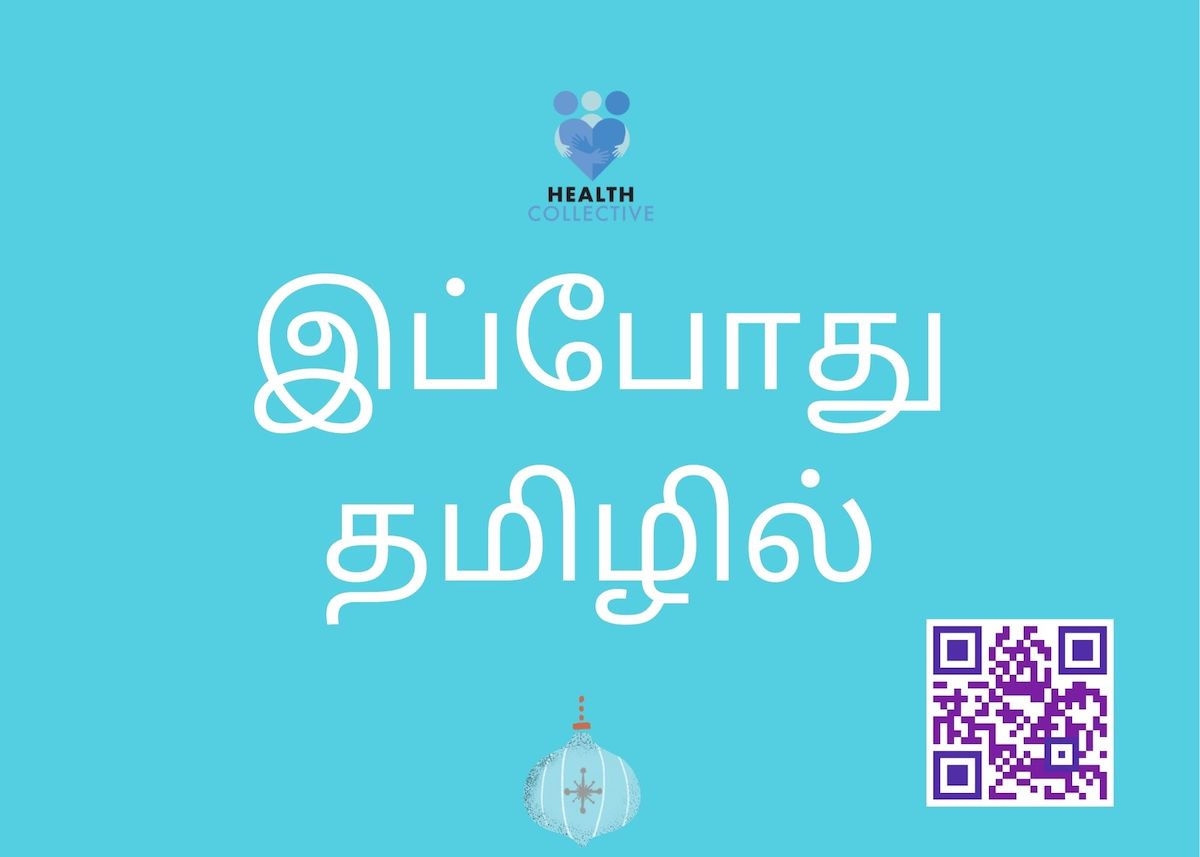Let’s Talk Mental Health: We Need to Do Better
Amrita Tripathi
I asked a few experts why it’s important to do better when it comes to Mental Health conversations in India. Even as we aim to address the gap in resources, the challenges and the stigma, and laud the courage of those who are willing to share their gruelling journeys, hoping that they can help others… being part of this movement, or trying to be part of the change we need to see in this country, is going to be pretty worthless if we end up hurting people along the way. Make no mistake, the dominant discourse in the country shows us that it’s one step forward 200 back; there is a radical and urgent need for change.
What can you or I do? Equip ourselves with the knowledge we need; and start doing better. Be better allies, call out those who need to learn more. You can check out and share our Mental Health 101 series and Your Stories series and read this piece for starters!
I checked in with Raj Mariwala of the Mariwala Health Initiative (@mariwalahealth on Twitter) for a short quote on just why it’s important to do better in our conversations around mental health and illness in India and the damage we’re doing with the way we are conducting them now.
“Conversations around mental health are expert-led, biomedical, inaccessible and rooted in Western discourse and practise. The emphasis tends to be on the individual – from ‘diagnosis’ to cure and recovery rather than a psychosocial view which is firmly moored in environments and contexts.
We need to step away from the binary conversations that articulate mental well-being as yoga, meditation, routine and then conversely the wholly bio-medical – depression, bipolar disorder as causation. It’s also important to widen the scope for participation in these crucial conversations to not just the binary of expert/user-survivor but to persons who have lived realities of marginalisation.
Unfortunately, recent discussions have seen much conjecture on the cause of depression or the cause for suicide – rather than a focus on the systemic issues that have failed many of us. This signals a fundamental need to link human rights, legal capacity, and agency — with protection of persons with psychosocial disabilities or marginalised people.”

Addtionally,
“Dominant narratives around mental health are expert-led, biomedical and rooted in Western discourse and practise. The emphasis tends to be on individual cure and recovery. In our view, a paradigm shift in the conversation is called for: from prescriptive and paternalistic to perspective-oriented and intersectional. To work towards mental health for all, we need to talk beyond the treatment gap or anti-stigma. Anti-discrimination, human rights and socio-political contexts are important. Additionally, it is critical to widen the scope for participation in these crucial conversations to not just the binary of expert/user-survivor but to persons who have lived realities of marginalisation.”
Share your thoughts with us, you can leave a comment right here.
Also do check out this piece to find out more Tips on Talking about Mental Health Reponsibly, including what Tanmoy Goswami (@toymango on Twitter) and Dr Soumitra Pathare (@netshrink on Twitter) shared on this front.





Pingback: Let’s Talk Mental Health: A Series of Conversations – The Health Collective India
Useful post. In this modernization, stress is common in every person’s life. Mental activities are a must to do it for better health.